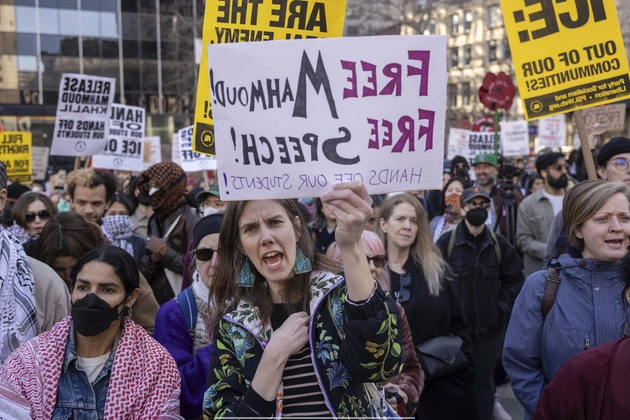
The United States is intensifying its immigration security protocols by scrutinizing the social media activities of foreign individuals suspected of promoting antisemitism. This initiative, announced by the Department of Homeland Security, aims to prevent the entry of individuals believed to support extremist ideologies, particularly those associated with violent antisemitic groups like Hamas, Palestinian Islamic Jihad, and Hezbollah.
Understanding the Initiative
The Department of Homeland Security will extend its scrutiny of social media to foreign students, applicants for legal residency, and individuals seeking immigration benefits. This measure aligns with the administration’s efforts to safeguard the country from extremist threats and comply with presidential directives.
Challenges and Concerns
The announcement has sparked immediate concerns regarding the criteria used to identify antisemitic support and the potential implications for free speech and civil liberties. Questions arise about whether criticism of Israel or its actions could lead to entry denials, raising broader debates on the balance between national security and individual freedoms.
Organizations like the Foundation for Individual Rights and Expression and the Council on American-Islamic Relations have criticized the initiative, accusing the administration of stifling free expression and targeting individuals based on their protected opinions.
Impacts on Academic Communities
The directive has already impacted academic institutions, with reports of visa revocations and deportations of foreign students involved in protests related to the Israel-Gaza conflict. The administration’s focus on universities accused of tolerating harassment against Jewish students during these protests has further escalated tensions within academic circles.
Looking Ahead
As the US government continues to tighten its immigration policies in response to perceived threats, it is essential to monitor the evolving implications of these measures on international relations, academic freedom, and the protection of civil liberties.











